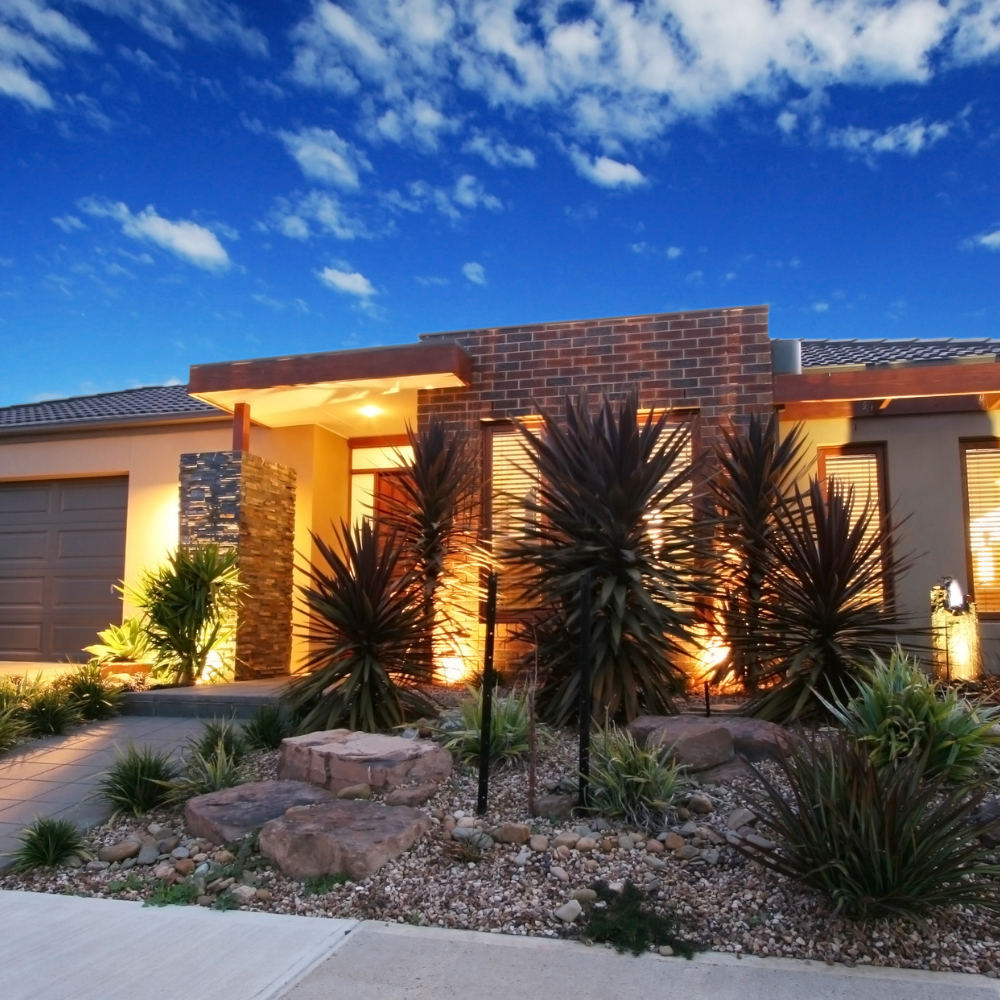Urgent maintenance is an unavoidable aspect of being a landlord, so having a cash buffer set aside will help you deal with any unexpected problems.
When renting out an investment property, having access to extra cash is vital for two reasons:
- To cover the costs of repairing maintaining the property, giving it the best chance of remaining tenanted.
- To cover the cost of the mortgage should you lose your employment or rental income.
A buffer ensures that you are not stretched to your financial limits, but rather comfortable while on your investment journey.
Ideally, your buffer would sit in an offset account against your mortgage, so that you have immediate access to the money, while at the same time reducing the principal and therefore the total interest payable on, your loan.
Before calculating a buffer, make sure you have a budget and savings plan in place that identifies your living expenses and ability to save accurately. Aim to have a buffer of three to six month in loan repayments and living expenses.
For investors without a buffer who need to make repairs to a property, there are short-term options available. Personal loans and credit cards may cater to urgent funding, but they do attract higher interest rates and fees.
If you do need to access this type of credit, make it a priority to put a strategy in place to pay back this debt as soon as possible.









